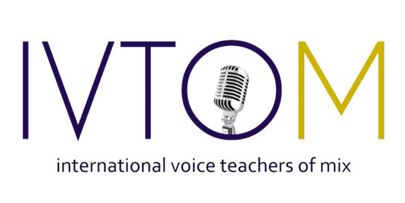The 10,000 Hour Concept
Weekly Teaching Tip, Jan. 27, 2014
by MaryAnnKehler
A few years ago, Dean Kaelin and I were talking about what it takes to become proficient as a voice teacher. In the course of that conversation, Dean shared that he had taught over 75,000 voice lessons (now over 100,000). Being more than a little competitive, my calculator and I went to work shortly thereafter and found that my seven-year total was only 18,000 lessons. Four years later, my total is just over 29,000. That’s a lot of scales.
Malcolm Gladwell talks about the concept of “10,000 hours of practice for mastery” in his book, The Outliers. I was intrigued by that number and started thinking about the teachers I know who can easily diagnose and solve vocal problems and realized that there was a great deal to be said for the idea that it takes 10,000 hours of practice to become an expert at something.
I also remember the first time I heard Dean teach a workshop for beginning teachers. I was blown away by his ability to take difficult concepts and break them into simple statements. I remember thinking, “THAT is what I want to be.” I’ve had the good luck to observe many superb teachers through the years: Dean and John Henny and Michael Goodrich and Seth Riggs are names that you will recognize. I could add a dozen more voice teachers who aren’t so well known, and many, many names from the dance and theatre world. Some of these teachers are celebrities; others are known only in their own communities. They all share three things: they have a passion for excellence in their craft; they are constantly seeking out new information and never stop educating themselves; and they have the ability to express complex ideas in simple, efficient language.
I know that not everyone aspires to teach a huge number of students or dozens of lessons each week. One of the great things about teaching private lessons is that each teacher can decide how much or how little time they want to spend with students. I do know that, somewhere in all those lessons and all that time spent observing other teachers, my personal ability to express what the student needs to hear has sharpened. Whether you choose to spend six hours or sixty in your studio each week, take time to study how the really great teachers work. That decision changed my teaching and my life and I’ll never regret a moment of that time spent.
And I’ve accepted the fact that it’s unlikely I’ll ever catch up with Dean.

